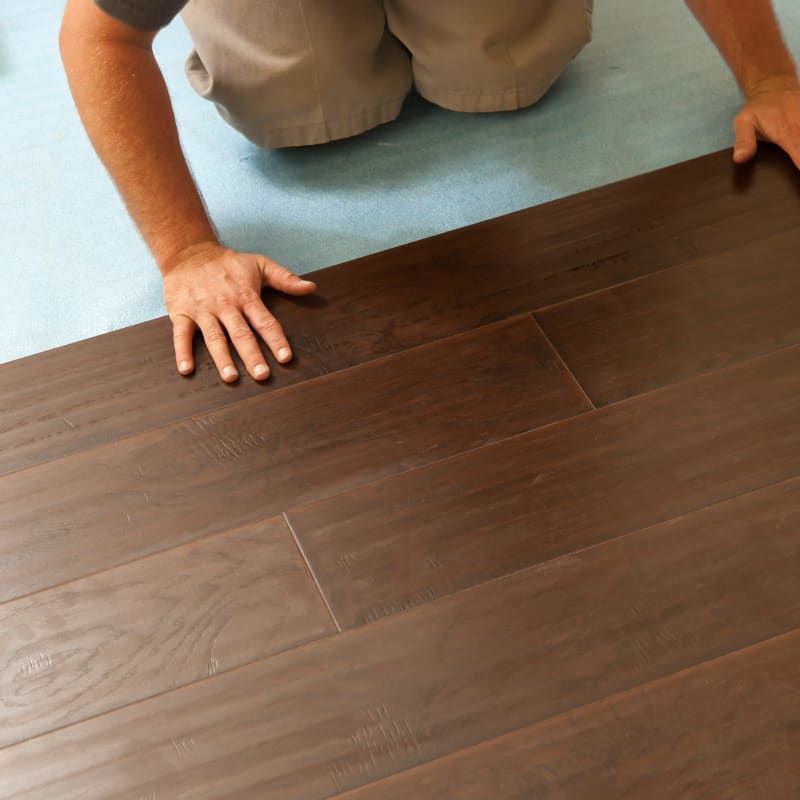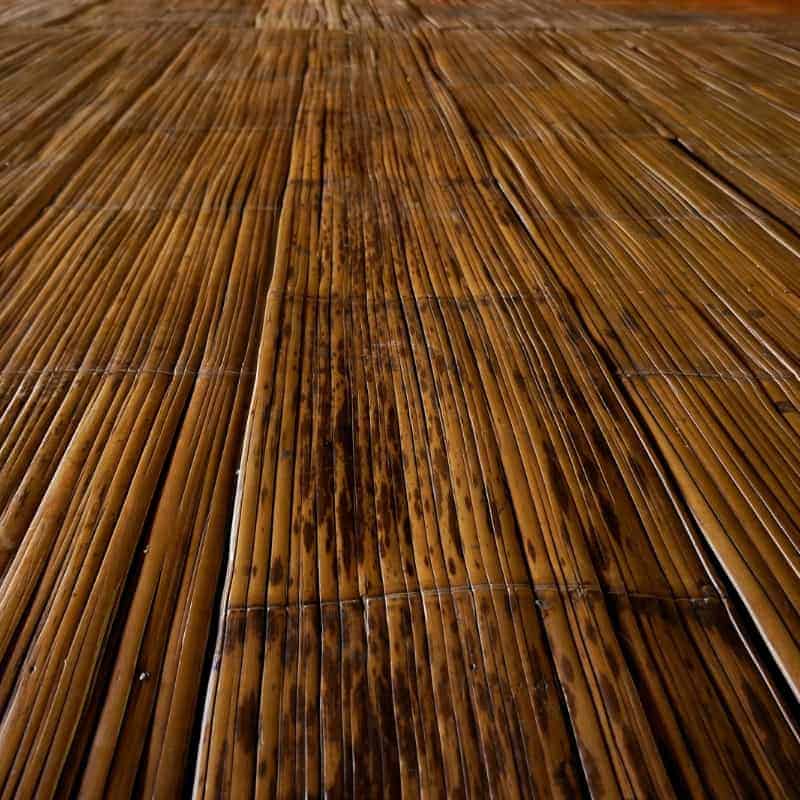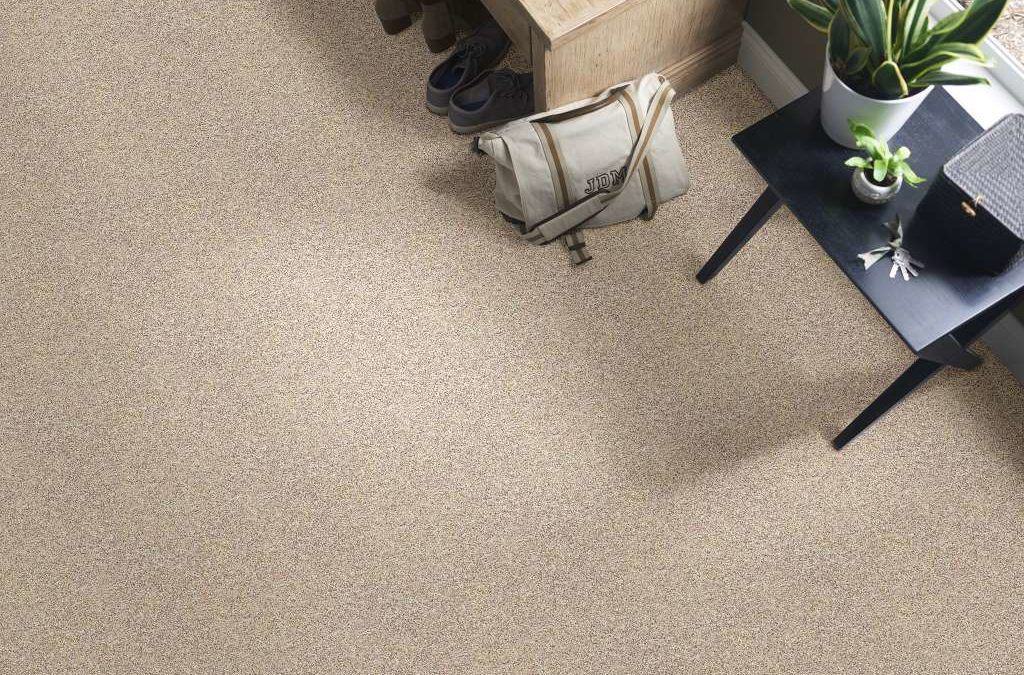Bamboo flooring makes a much smarter choice to install in your home because it will continue to perform for many years without any need for sanding or refinishing. Moreover, it makes an ecologically-friendly choice and helps preserve already compromised natural resources. Bamboo is a grass that grows at an astonishing rate of 100-110 cm in a single day. The fast growth of bamboo ensures a fast production rate and discourages the deforestation of traditional timbers on a large commercial scale.
A Sustainable and renewable flooring choice
Bamboo is also famous for its sustainability and renewability as its extensive root system continues to produce new plants after the harvest. Another ecological benefit of bamboo is that it is conducive to fresh air and produces 20% more oxygen than a comparable-sized hardwood forest. Bamboo crop is denser than timbers and provides excellent protection against soil erosion, storms and floods. Moreover, it provides shelter and food for the native animals.
Bamboo flooring is a type of flooring that is manufactured from the bamboo species “Moso” or “Mao”. Once the bamboo plants are harvested, they are brought to factories where they are split into pieces. Those pieces are then boiled to remove starch and moisture. They are kiln dried and glued together under high pressure into planks. They are then varnished, sanded or stained in a variety of colors.

The Three Types of Bamboo Flooring
These are the three most common types of bamboo flooring:
-
Solid bamboo flooring
-
Engineered bamboo flooring
-
Strand Woven bamboo flooring
Solid Bamboo – The first type of flooring makes use of several solid strips that are adhered together to produce solid planks. Solid bamboo flooring is available in either vertical or horizontal style. In vertical bamboo flooring, the strips are not laid out flat and they lack the visible nodes or “knuckles”. Horizontal bamboo flooring, on the other hand, displays the natural nodes of the bamboo.
Engineered Bamboo flooring is manufactured with a wooden core, preferably oak, pine or plywood, with a thin delicate sheet of bamboo for the surface layer. It can easily be installed over a subfloor with the floating floor method of installation.
Strand Woven Bamboo flooring gives an attractive woven look and is made up of shredded strips of bamboo bound together under immense heat and extreme pressure. Strand Woven bamboo flooring is very strong, hard and durable. It can also be formed from strands of natural or carbonized bamboo.

Durable Bamboo Flooring
As far as the toughness and hardness of bamboo flooring is concerned, it outsmarts nearly all hardwood floorings on the market. It is 72% harder than Jarrah and nearly twice as hard as Maple. This attribute makes bamboo flooring an excellent choice to install in the high traffic areas of your home. Bamboo flooring tends to retain its finishing and great natural look in the presence of children and pets because bamboo is also a scratch-resistant material.
Bamboo flooring is not vulnerable to the attacks of termites, bugs, ants and pathogens. Moreover, you can confidently install it in your kitchen because bamboo is quite resistant to fire. It makes an easy-to-clean option as well and you can clean a spill with the help of a dry cloth or towel.
Call Holmes Flooring in Leeds, AL for a free estimate on bamboo flooring for your home or place of business.

